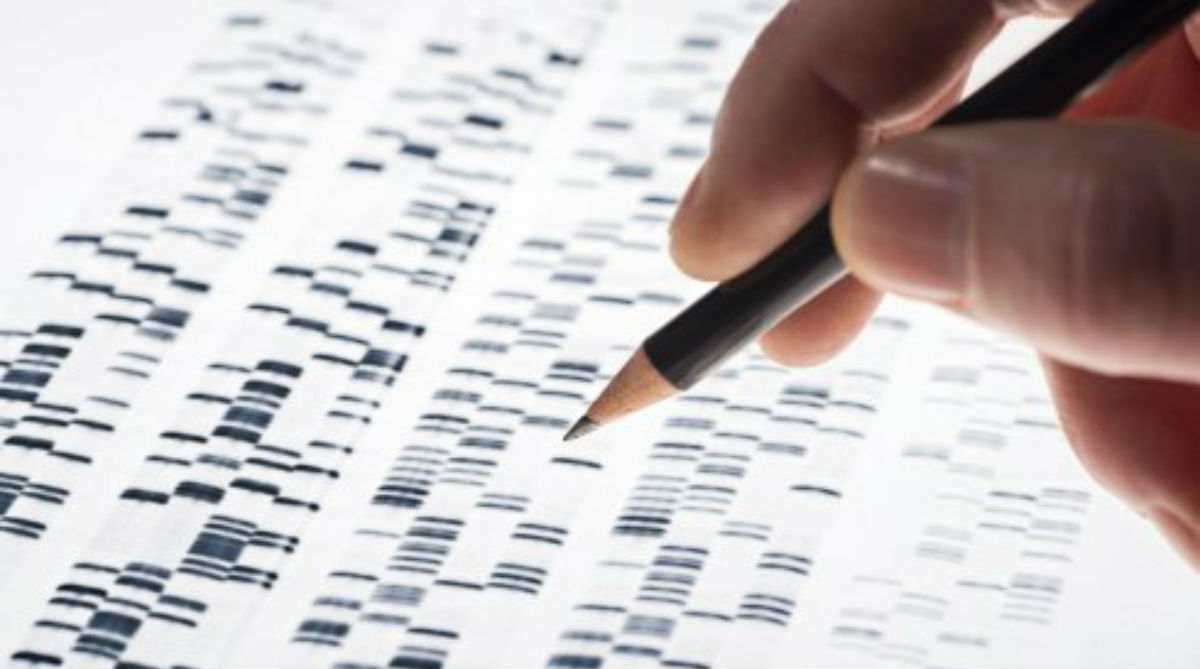
Embryo profiling could be a short-cut to ‘designer babies’
Technically feasible but ‘repugnant’, says one geneticist
While genome modification for complex traits like IQ may be the stuff of science fiction, not science fact, at least with current technology, another path to children with higher IQs is not. “Embryo profiling” compares features in embryos to determine which is more likely to have a higher IQ or more musical ability or more sporting ability.
A company called Genomic Prediction is already promising that it can detect the risk factors for intellectual disability, short stature and diseases ranging from hypothyroidism to coronary artery disease. According to its website, “GP offers IVF parents a cost-effective means to evaluate genetic risk due to chromosomal abnormality (ploidy), single-gene mutations, and polygenic diseases.”
Geneticist Peter Visscher, of the University of Queensland, Australia, told New Scientist that embryo profiling is technically feasible but “repugnant”. However, he acknowledges that it could be popular. “You don’t know what you’re selecting for and what comes with it,” says Visscher. “But there are people who pay hundreds of thousands of dollars to have their dead pet cloned. I’m sure there are people who would do this.”
Writing in Stat, a bioethicist, a psychiatrist and a geneticist argue that the practice needs to be regulated in the United States. They believe that Britain’s Human Fertilisation & Embryology Authority is a good model:
Placing limits on the genetic selection of embryos is one small way for our society to affirm the importance of achieving a balance between the ethical obligations to shape our children and to accept them as they are — and the importance of closing, rather than widening, the gap between the rich and the poor.
With the emerging capacity to use polygenic scores to identify embryos with the potential for low or high IQs, there will be passionate calls to ban the entire practice. And there will be equally passionate calls to leave this to the market to sort out. Regulation represents a middle way between the bluntness of bans and the destructiveness of unchecked markets. Regulation would seek to draw lines between things that are — and are not — acceptable to do with embryos.
Michael Cook is editor of BioEdge
Creative commons
https://www.bioedge.org/images/2008images/FB_genomic_prediction.jpg
designer babies
embryo profiling
